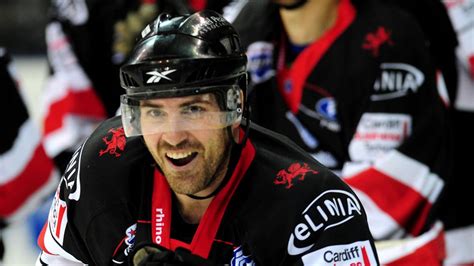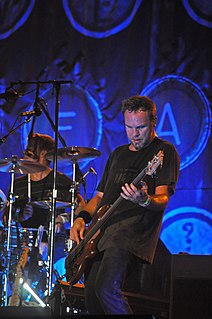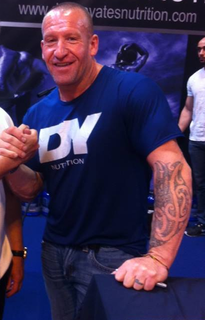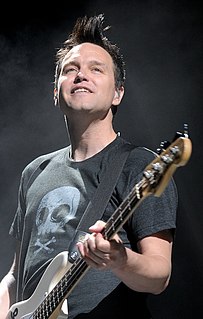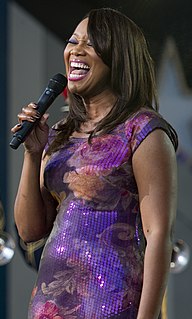A Quote by Neil Peart
I had spindly little ankles, and growing up in Canada, I couldn't skate. I was no good at any sports so was very much a pariah through those adolescent years.
Related Quotes
One of the reasons I'm an actor is because I was no physical specimen as a child. I wasn't athletic and didn't have any prowess in that regard. Growing up in Kentucky, most little boys were trying to get into sports, and it was very competitive, so that was not to be. But I did want to do something.



